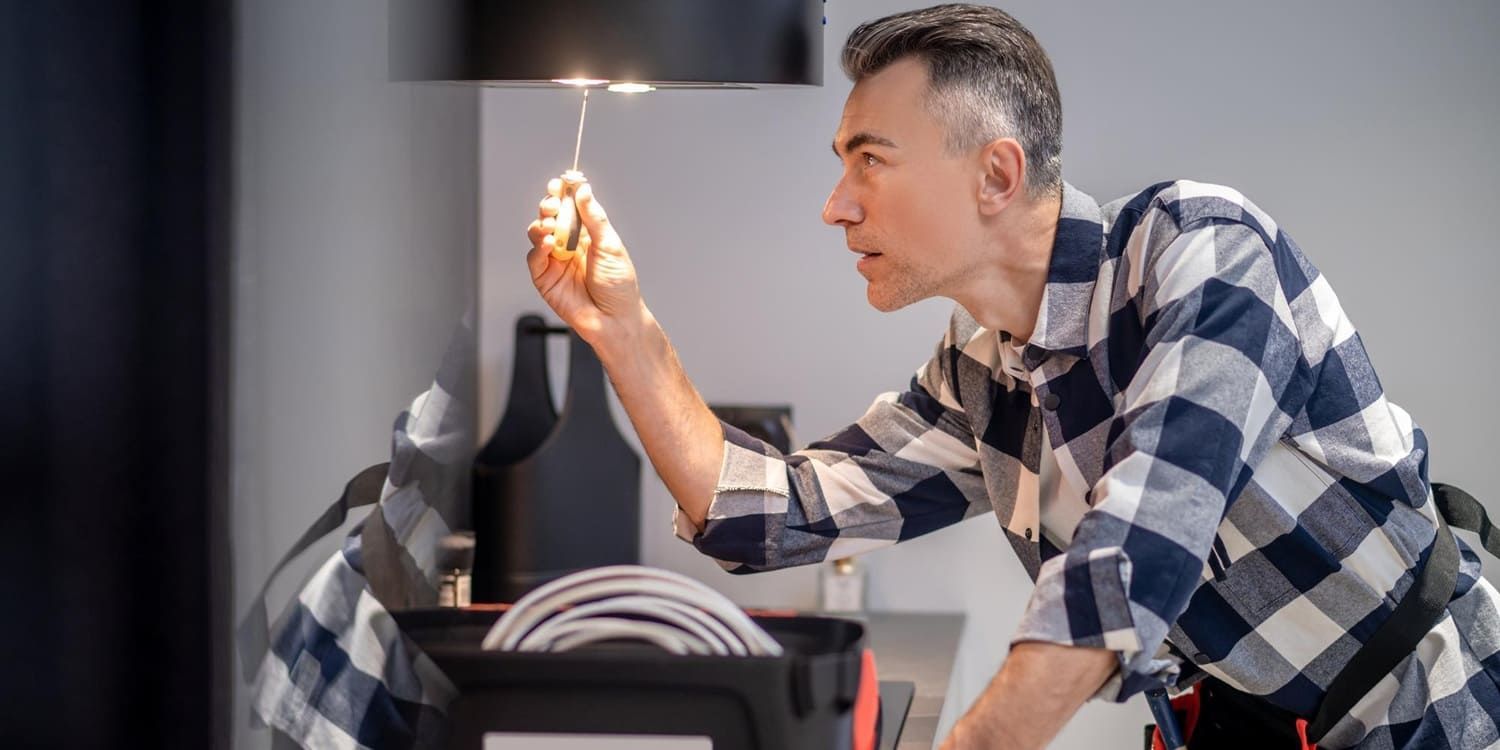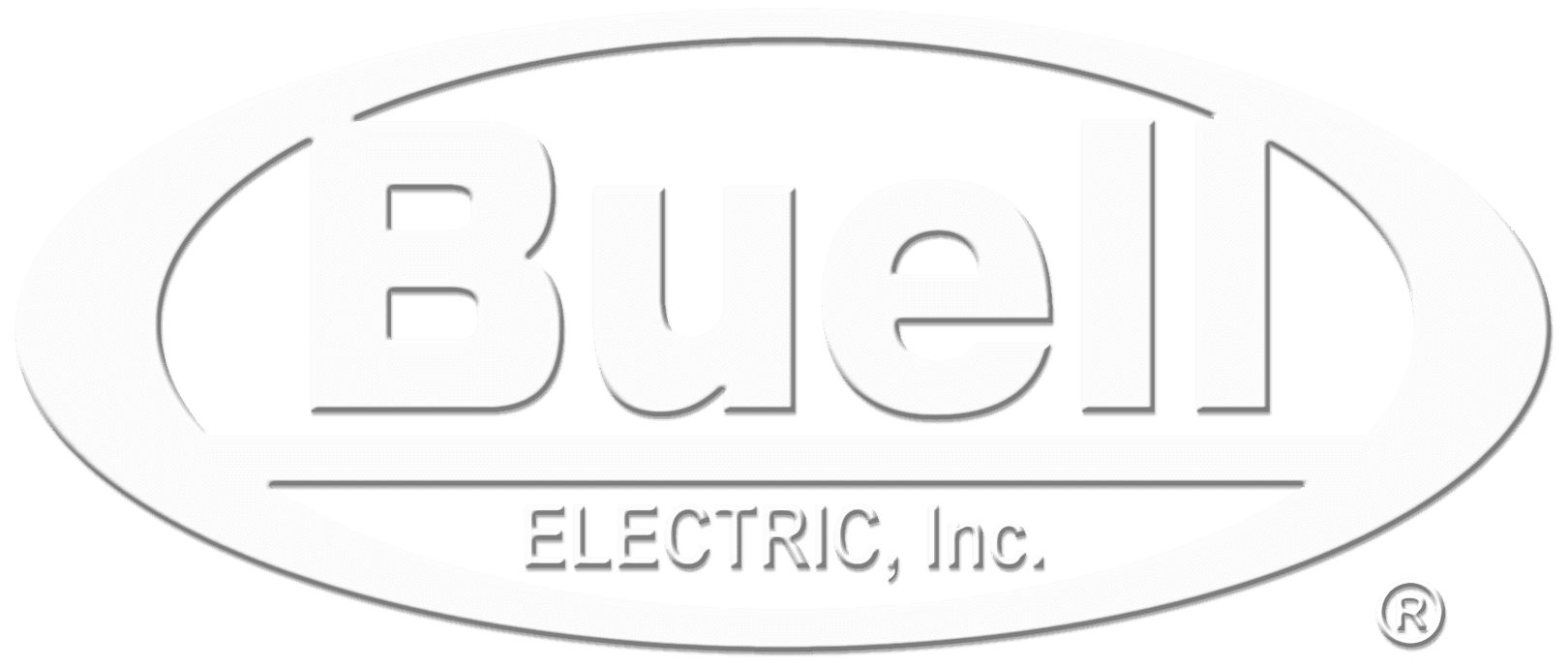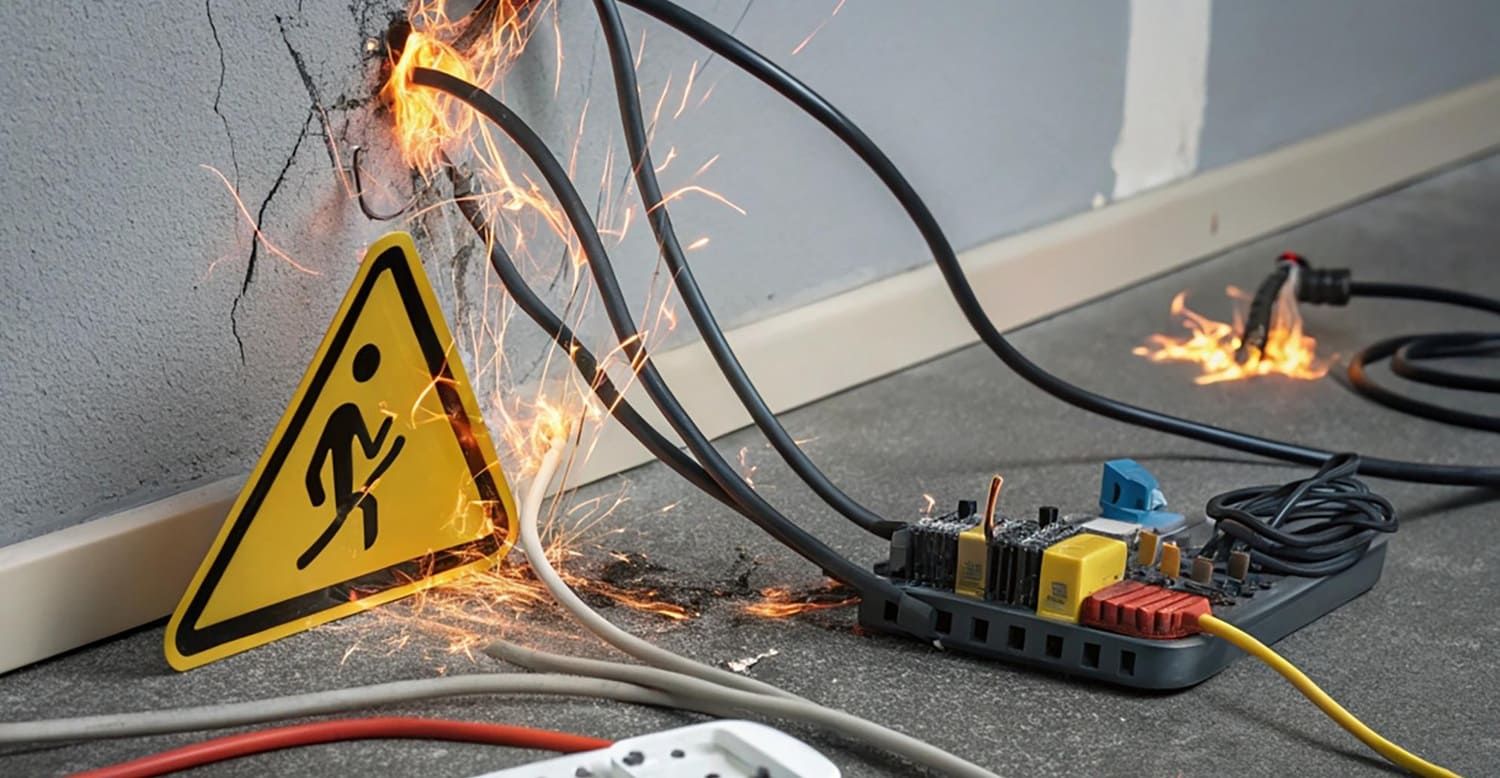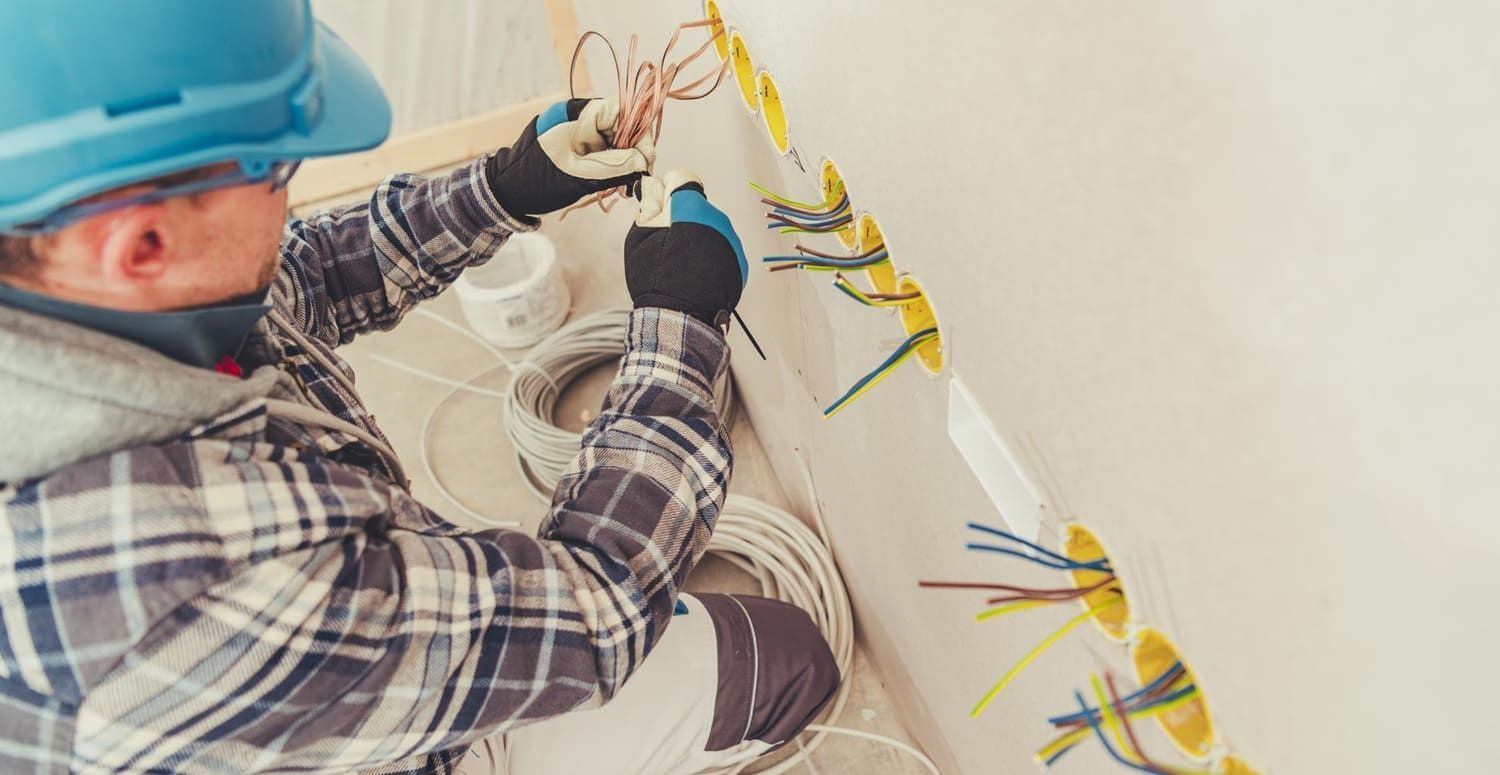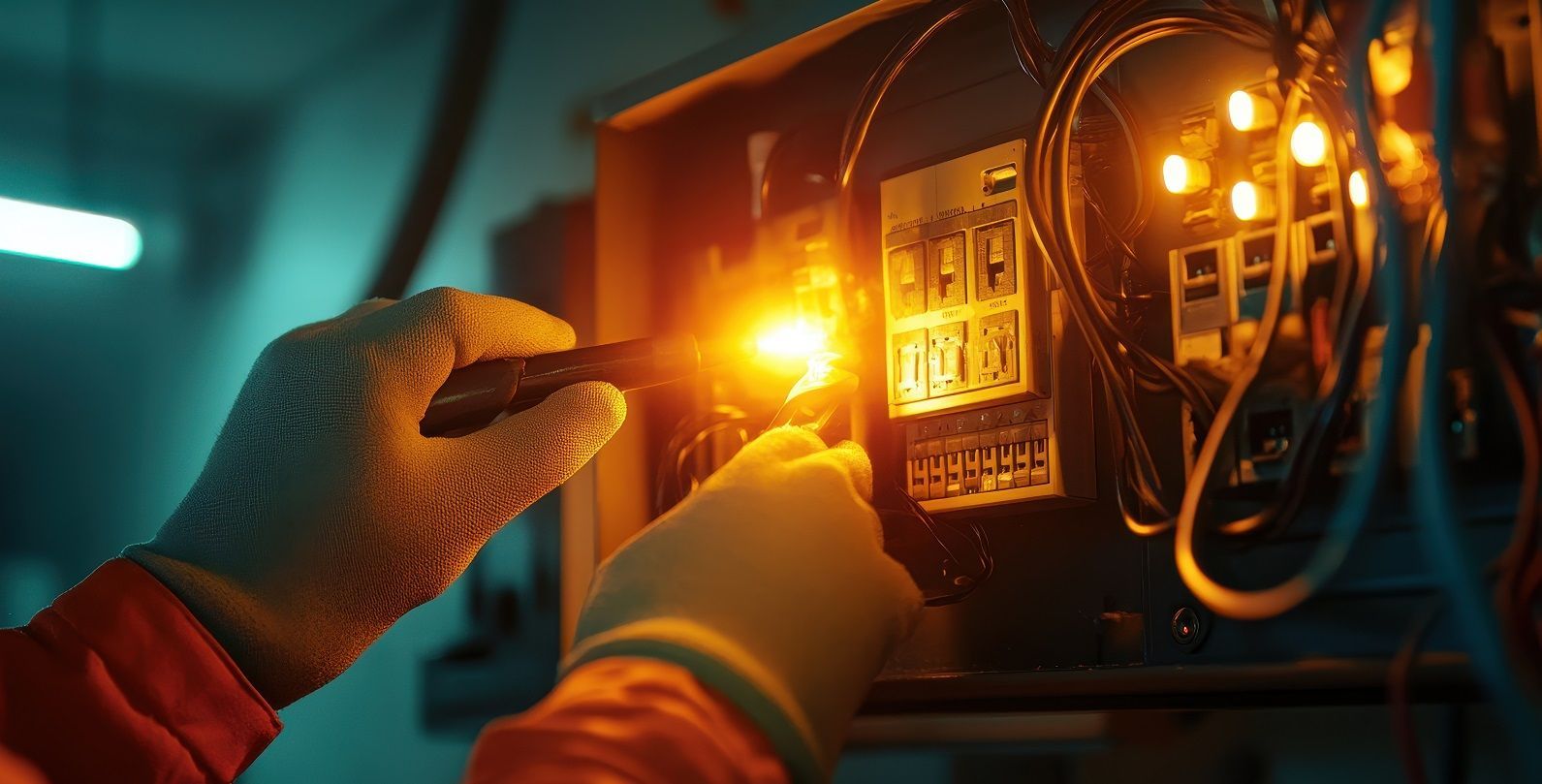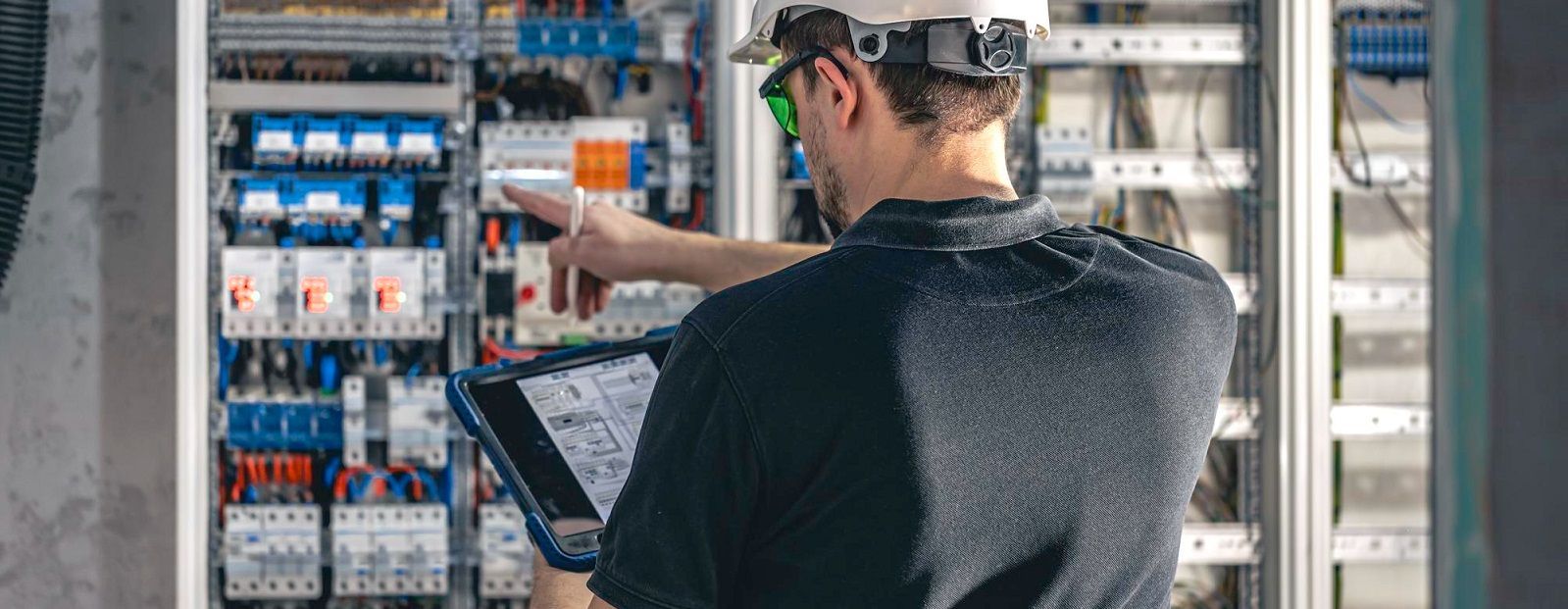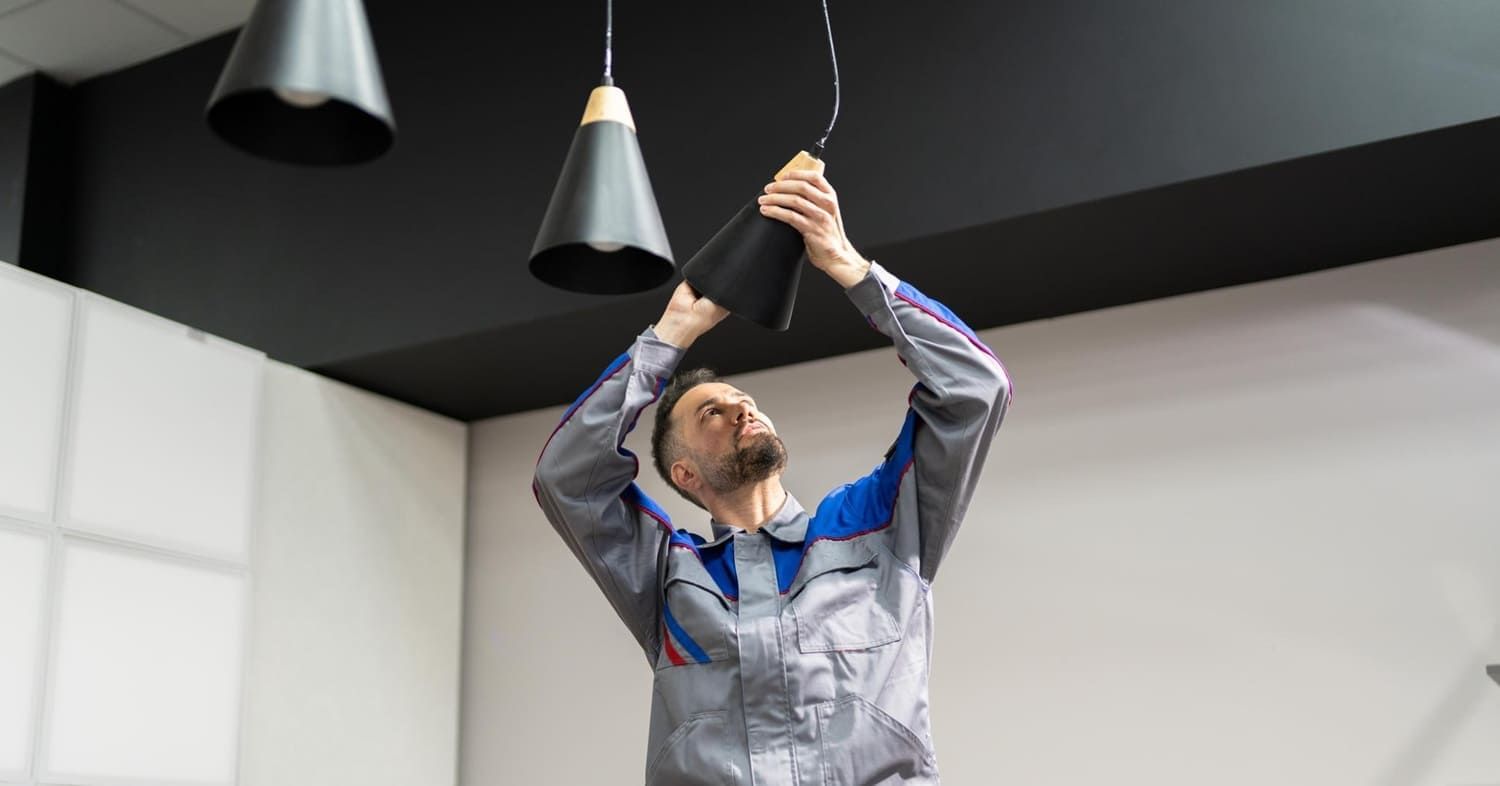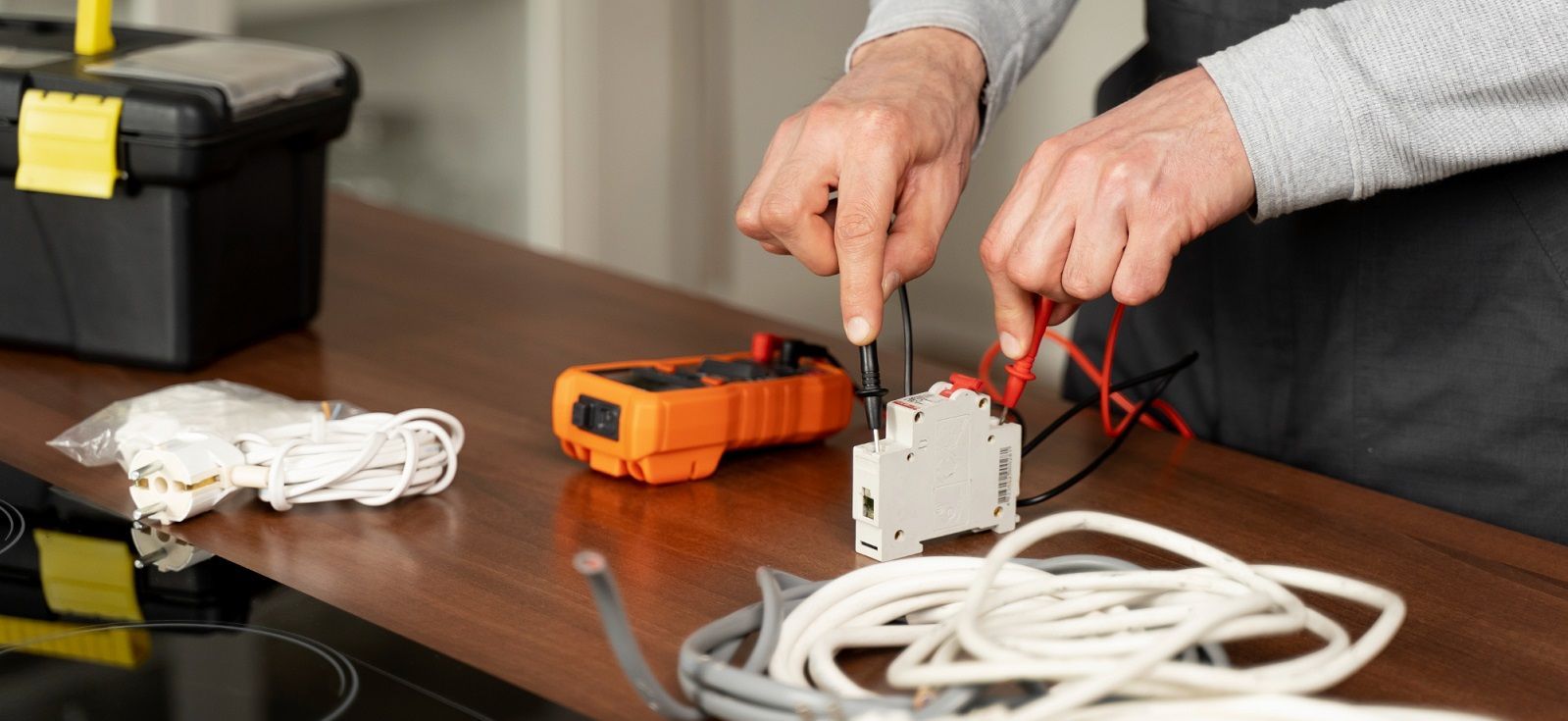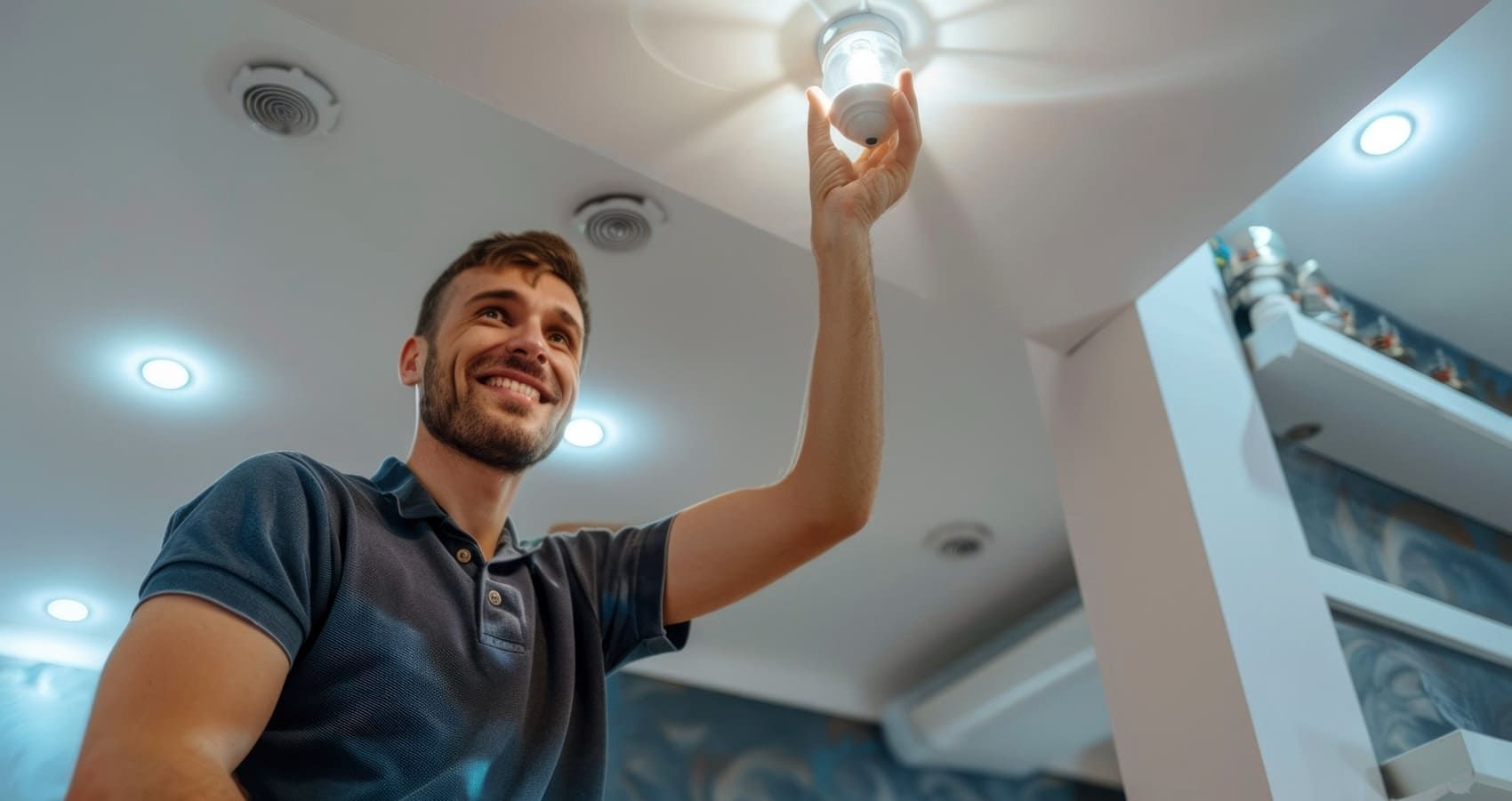Marine Electrical Safety Checks: What Every Boat Owner Should Know
In this article, we'll dive into what you need to know about marine electrical safety checks and how to find a qualified marine electrician near you. You'll learn why these checks are crucial, what they entail, and how often they should be performed. Furthermore, we'll provide tips on selecting the right professional to carry out these inspections, ensuring your boat remains in peak condition.
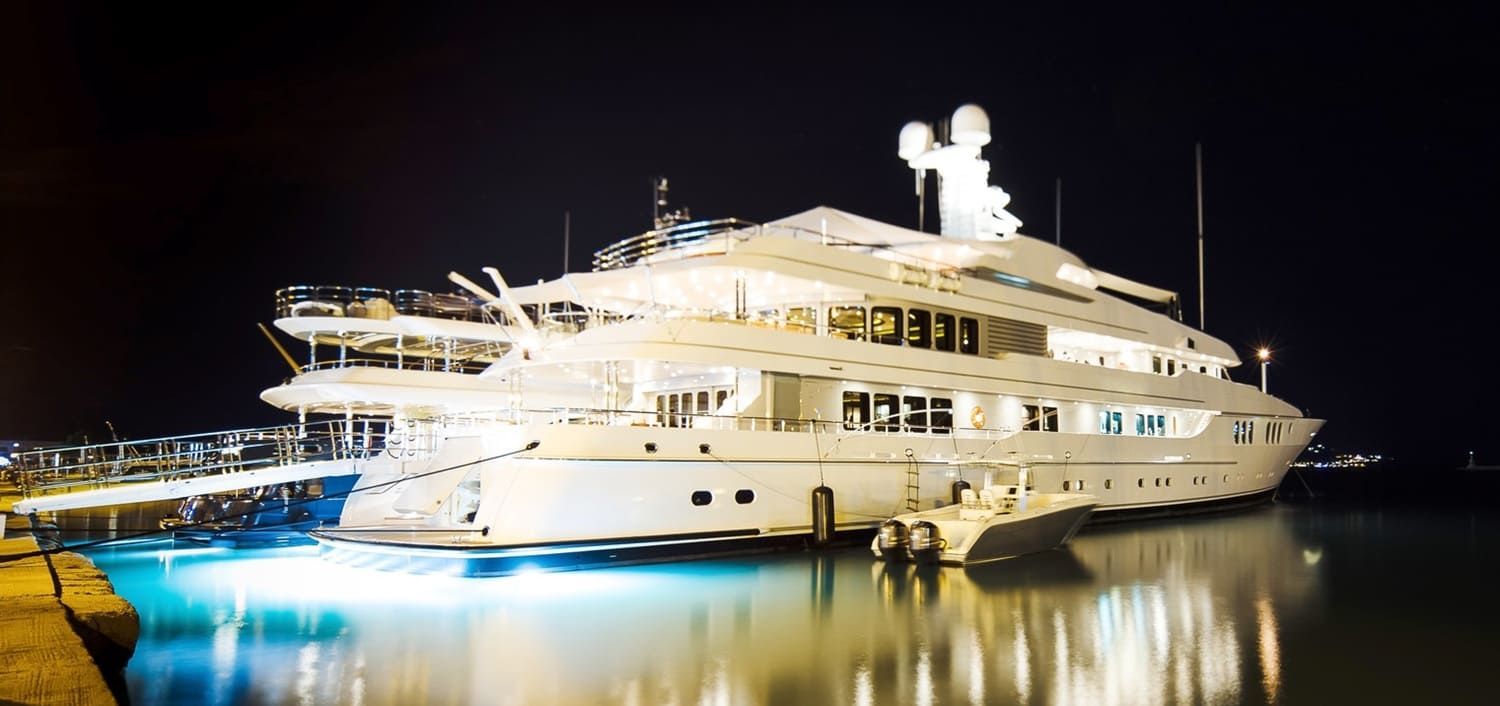
Why Marine Electrical Safety Checks Are Crucial
The electrical system in your boat is its lifeline. It powers everything from navigation systems and communication devices to lights and engine controls. A failure in the electrical system can lead to serious safety hazards, including fires, equipment failure, and even sinking. Regular safety checks help prevent these issues by identifying and fixing problems before they escalate. These checks are not merely about maintaining functionality; they are about safeguarding the lives of everyone on board.
Moreover, the unpredictable nature of the marine environment means that your boat's electrical system is constantly exposed to elements that could compromise its integrity. Saltwater, humidity, and temperature fluctuations can all contribute to wear and tear over time. Proactive maintenance and inspections can mitigate these risks, ensuring that your vessel is always ready to face the challenges of the open sea. It’s not just about compliance with safety regulations but also about peace of mind for you and your passengers.
Common Electrical Issues on Boats
Boats are exposed to harsh marine environments, which can lead to unique electrical problems. Some common issues include:
- Corrosion: Saltwater and moisture are relentless adversaries to metal components. Corrosion can deteriorate connections and cause failures. Corroded parts can lead to increased resistance, creating heat and potential fire hazards. Regular cleaning and protective coatings can help mitigate these issues.
- Wiring Issues: Over time, wiring can become frayed or damaged, leading to shorts or unreliable connections. Vibration from the engine and movement of the boat can exacerbate these problems, leading to potentially dangerous situations. Ensuring wires are well-secured and insulated is crucial to preventing such issues.
- Battery Problems: Batteries may lose their charge or connections can become loose, affecting power supply. Inadequate battery maintenance can lead to unexpected power failures at sea, putting the boat at risk. Regularly checking electrolyte levels and ensuring secure connections can prevent such failures.
- Overloading Circuits: Adding new devices without upgrading the electrical system can cause overloads, leading to shorts and potential fires. This is especially common when owners retrofit their boats with modern technology without considering the system’s capacity. Ensuring the electrical system is appropriately rated for all equipment is essential.
Regular inspections by a marine electrician can spot these issues early, saving time, money, and potentially lives. These professionals have the expertise to detect problems that may not be immediately apparent to the untrained eye, providing an invaluable service to boat owners.
What Happens During an Electrical Safety Inspection?
A comprehensive marine electrical safety inspection covers various components of your boat's electrical system. Here's what you can expect:
Visual Inspection
A visual inspection is the first step in an electrical safety check. The electrician will look for signs of wear and tear, corrosion, and damage. This includes examining wiring, connections, battery terminals, and electrical panels. By identifying physical signs of damage, the electrician can address problems before they lead to more significant issues.
The visual inspection is not only about spotting existing damage but also about preventing future problems. The electrician will assess the overall condition of the electrical system, including checking for signs of overheating or poor installation practices. This proactive approach helps in maintaining the overall health of the system.
Testing Electrical Components
Testing involves checking the functionality of various electrical components, such as lights, navigation systems, and communication devices. The electrician will use specialized tools to measure voltage, current, and resistance, ensuring everything operates within safe parameters. This step is critical in verifying that each component is functioning correctly and efficiently.
In addition to standard tests, the electrician may also perform load tests to ensure that the system can handle its maximum intended load without failure. This ensures that all components are not only working individually but also collectively within the system’s capacity, preventing future overloads and failures.
Checking the Battery System
The battery system is a crucial part of your boat's electrical system. During the inspection, the electrician will test the battery's charge and ensure that connections are secure and free from corrosion. They may also check the charging system to verify that it's working correctly. A well-maintained battery system is essential for reliability, especially in emergency situations.
The electrician may also assess the battery’s physical condition, looking for bulges, cracks, or leaks, which are indicative of deeper issues. Ensuring the battery is properly secured and ventilated can prevent dangerous situations, such as battery acid leaks and gas build-up.
Inspecting Safety Equipment
Safety equipment like bilge pumps and alarms must function properly to ensure your safety on the water. The electrician will test these systems and verify that they are in good working order. This includes ensuring that alarms are loud and clear and that bilge pumps activate automatically when needed.
Beyond functionality, the electrician will check that safety equipment is correctly installed and maintained. This includes verifying that wiring and connections are secure and that equipment is free from corrosion and damage. Properly functioning safety equipment is your first line of defense in an emergency.
Evaluating Grounding Systems
Proper grounding is essential to prevent electrical shocks and ensure safety. The electrician will evaluate the grounding systems to confirm they meet safety standards and are functioning as intended. This is crucial in preventing electrical faults and ensuring the overall safety of the vessel.
The electrician will also ensure that grounding connections are secure and that there is no corrosion present. Proper grounding not only protects against electrical shock but also helps in reducing interference with navigation and communication systems, thereby enhancing overall safety and performance.
How Often Should You Get a Marine Electrical Safety Check?
The frequency of electrical safety checks can vary depending on several factors, including the age of your boat, how often you use it, and the conditions in which you operate it. As a general rule:
- Annually: For most recreational boats, an annual inspection is sufficient. This routine check helps catch any developing issues before they become major problems, ensuring the longevity of your boat’s electrical system.
- Before Long Voyages: Before embarking on long trips, especially in harsh conditions, it's wise to have a thorough inspection. This ensures that your boat can handle the journey and reduces the risk of unexpected failures far from shore.
- After Repairs or Modifications: If you've made significant changes or repairs to your boat's electrical system, an inspection is recommended to ensure everything is safe and functioning properly. This is crucial to confirm that new installations or repairs have been done correctly and meet safety standards.
Additionally, consider more frequent checks if your boat is older or used extensively in saltwater environments. These factors can accelerate wear and tear, making more regular inspections beneficial.
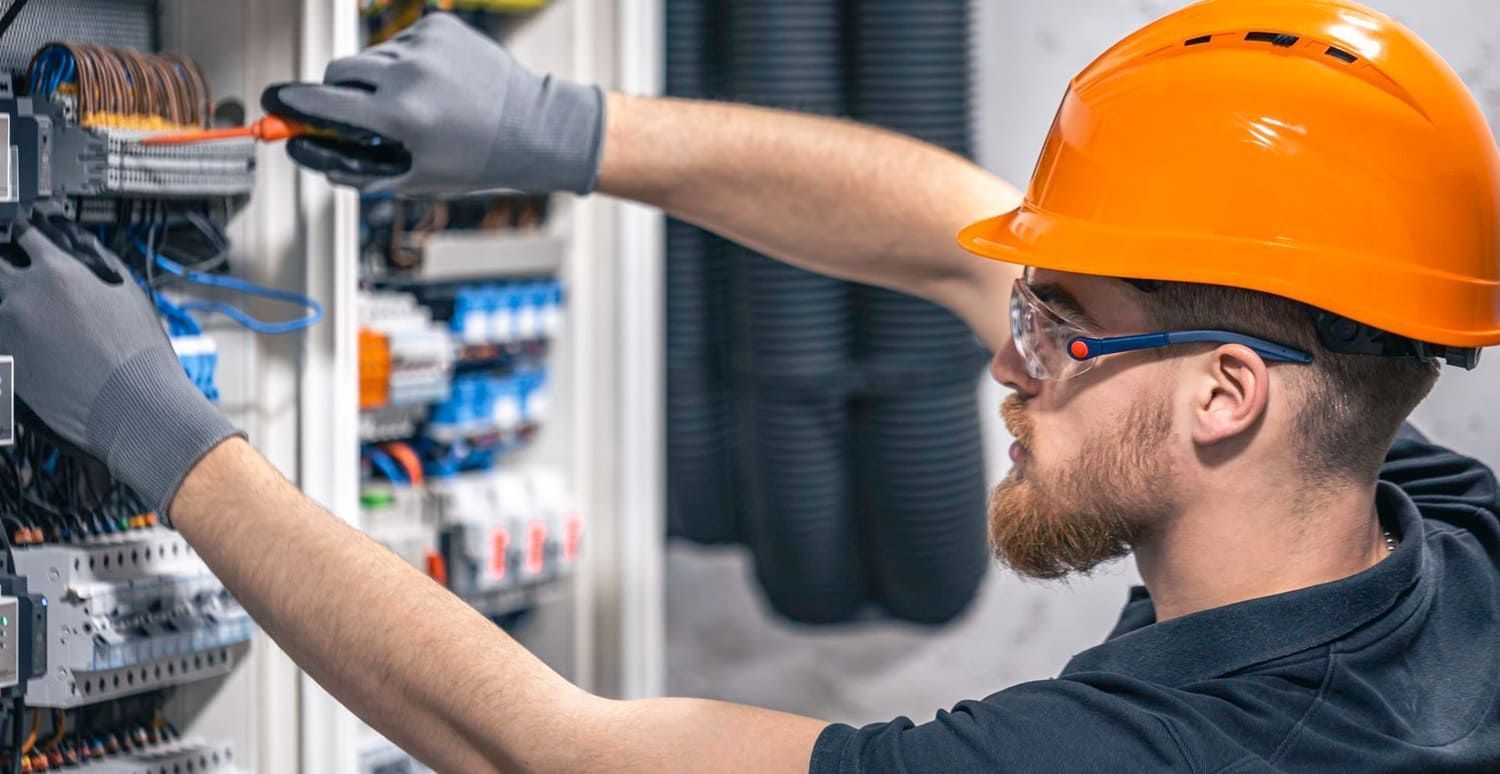
Finding a Qualified Marine Electrician Near You
When it comes to marine electrical safety checks, it's essential to hire a professional with the right expertise. Here's how to find a qualified marine electrician near you:
Check Credentials
Ensure that the electrician has the proper credentials and certifications. Look for qualifications such as ABYC (American Boat and Yacht Council) certification, which indicates a high level of expertise in marine electrical systems. Certification ensures that the electrician is knowledgeable about the latest safety standards and best practices.
Additionally, inquire about any specialized training or experience they may have. This can include manufacturer-specific training or experience with particular types of boats, which can be advantageous if your boat has unique systems or components.
Read Reviews and Ask for Recommendations
Online reviews can provide insights into the electrician's reputation and quality of work. Additionally, ask fellow boat owners for recommendations to find someone trustworthy and reliable. Personal recommendations can often lead you to professionals who have a proven track record of delivering excellent service.
Consider joining online forums or local boating groups where you can seek advice and recommendations from experienced boat owners. These communities can be invaluable resources when searching for reputable marine electricians.
Verify Experience
Experience matters when it comes to marine electrical systems. Choose an electrician who has extensive experience working with boats similar to yours. An experienced electrician will be familiar with common issues and will have the skills to diagnose and fix problems efficiently.
Ask potential electricians about their previous work and any challenges they have overcome in the past. This can give you confidence in their ability to handle any electrical issues your boat may have.
Request a Detailed Estimate
Before hiring, request a detailed estimate for the inspection. This should include the scope of the work and any potential additional costs for repairs or parts. A clear estimate helps you understand what to expect and ensures there are no surprises.
A detailed estimate also reflects the electrician's professionalism and transparency. It provides a foundation for building trust and ensures that both parties have clear expectations.
The Benefits of Regular Electrical Safety Checks
Regular marine electrical safety checks offer numerous benefits, including:
- Peace of Mind: Knowing that your boat's electrical system is in good condition allows you to enjoy your time on the water without worry. Confidence in your boat’s safety enhances the overall boating experience.
- Extended Lifespan of Equipment: Regular maintenance helps prolong the life of your electrical components, saving money in the long run. By preventing premature failures, you can avoid costly replacements and repairs.
- Improved Safety: Preventing electrical failures reduces the risk of accidents and ensures that safety equipment functions properly. A reliable electrical system is critical for preventing emergencies and ensuring a quick response when needed.
- Increased Resale Value: A well-maintained boat with a documented history of electrical inspections can fetch a higher price on the resale market. Prospective buyers are more likely to invest in a boat that has been properly cared for and has a track record of maintenance.
Regular checks also demonstrate a commitment to safety and responsibility, reflecting well on you as a boat owner. This can enhance your reputation within the boating community and foster trust with potential buyers or renters.
Conclusion
Marine electrical safety checks are a critical aspect of boat ownership. They ensure that your vessel remains safe, reliable, and ready for any adventure on the water. By understanding the importance of these inspections and knowing what to expect, you can take proactive steps to protect your boat and everyone on board. Regular inspections not only preserve the integrity of your boat but also enhance your overall boating experience.
At Buell Electric, Inc., we specialize in marine electrical services throughout Pinellas County, Hillsborough County, and Pasco County, including Florida cities like Tampa, Clearwater, Saint Petersburg, Largo, Port Richey, New Port Richey, Seminole, Tarpon Springs, Hudson, Holiday, and many more. Our expert team ensures your marine electrical system is safe, up to code, and functioning at its best.
Remember to schedule regular inspections with a qualified marine electrician near you, and enjoy the peace of mind that comes with a well-maintained boat. Taking these proactive measures ensures that your adventures on the water are safe, enjoyable, and worry-free, allowing you to fully embrace the joys of boating.
Contact Buell Electric, Inc. today for a free estimate, and let us help you keep your boat in top condition for all your water adventures!
Buell Electric's Blog
